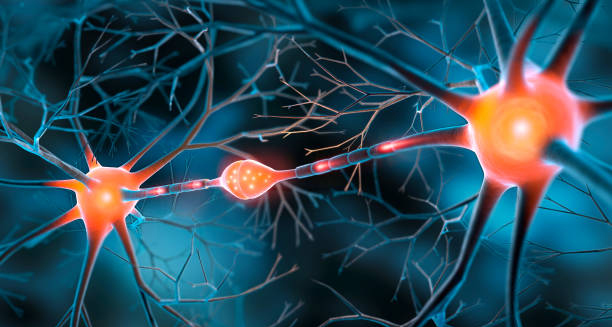Causes of Fibromyalgia
The causes of fibromyalgia are not fully understood, but researchers believe it results from a combination of genetic, neurological, psychological, and environmental factors. Fibromyalgia is thought to involve abnormal pain processing in the brain and spinal cord, leading to heightened sensitivity to pain, touch, and temperature.
Nervous System Dysregulation
People with fibromyalgia may have:
Increased levels of certain neurotransmitters, like substance P, which amplify pain signals
Decreased pain-inhibiting chemicals, such as serotonin and dopamine
Overactive pain pathways, where even mild stimuli are perceived as painful
This altered central nervous system response is known as central sensitisation, a key theory in fibromyalgia research.
Triggers and Risk Factors
While fibromyalgia doesn’t have a clear cause, several known triggers may lead to its onset:
Physical trauma, such as a car accident or surgery
Viral infections, including Epstein-Barr virus or influenza
Emotional stress or trauma, especially in early life
Chronic illness, like lupus or rheumatoid arthritis
Hormonal imbalances, particularly around menopause
Not everyone who experiences these triggers will develop fibromyalgia, suggesting a genetic or biological predisposition is also involved.
Genetic Factors
Fibromyalgia may run in families:
First-degree relatives of people with fibromyalgia have a higher risk
Certain genetic markers related to pain sensitivity and mood regulation have been identified
This supports the idea that fibromyalgia is a multifactorial condition involving both inherited and acquired influences.
Sleep Disturbances
Poor-quality sleep appears to play a role in triggering or worsening symptoms:
People with fibromyalgia often have non-restorative sleep
Sleep disorders like sleep apnoea or restless leg syndrome are common in fibromyalgia patients
Lack of deep sleep may worsen pain perception, fatigue, and cognitive problems
Psychological Stress | Causes of Fibromyalgia
Ongoing stress, anxiety, or depression may contribute to symptom severity
Emotional trauma, such as abuse or grief, has been linked to the onset of symptoms
While fibromyalgia is not a mental illness, mental health plays an important role in managing the condition
Understanding the causes of fibromyalgia helps healthcare providers tailor treatments and encourage self-care practices that reduce flare-ups and improve wellbeing.
[Next: Symptoms of Fibromyalgia →]


